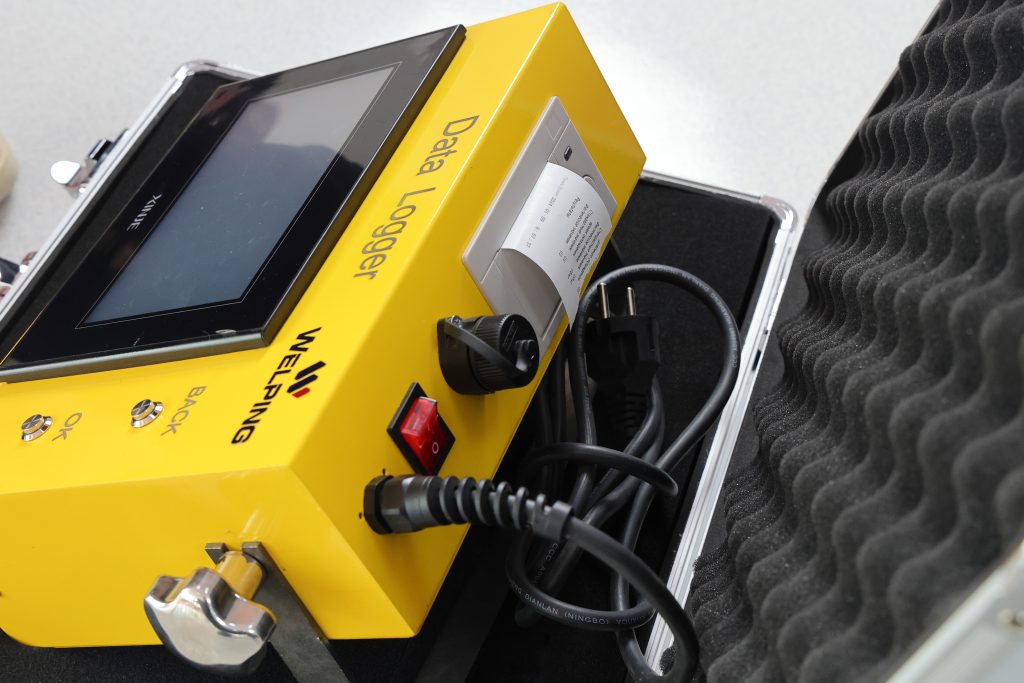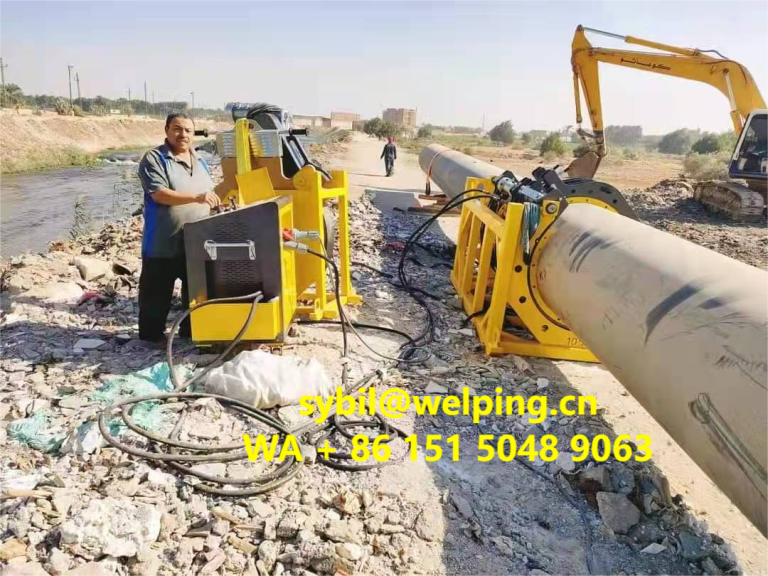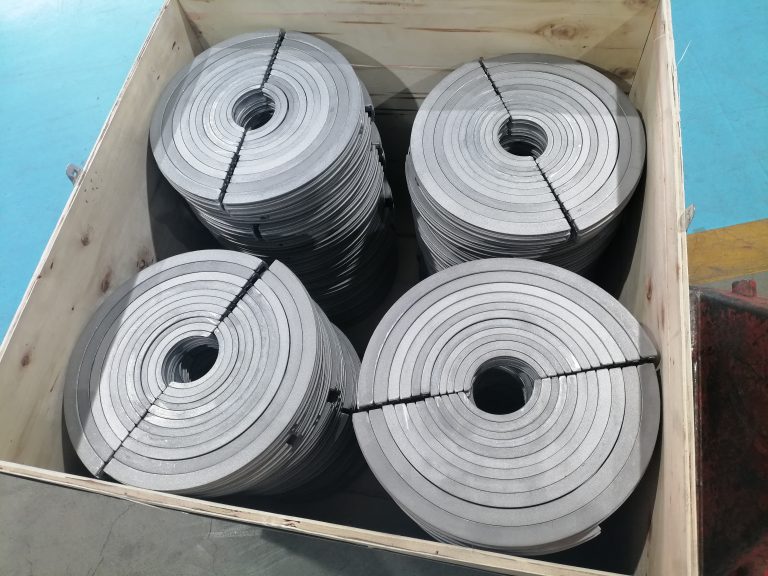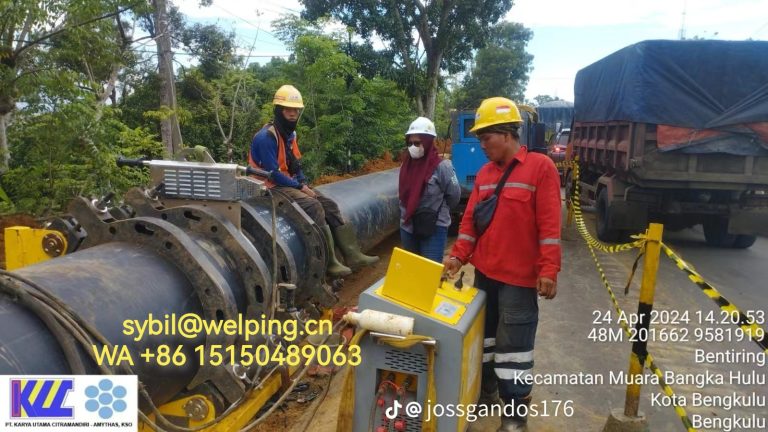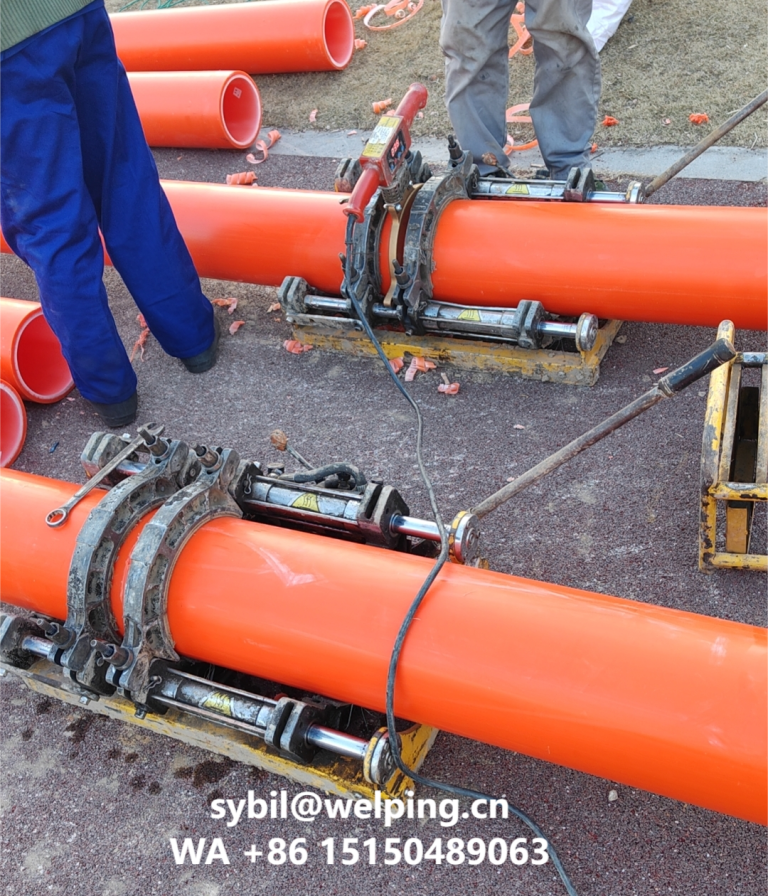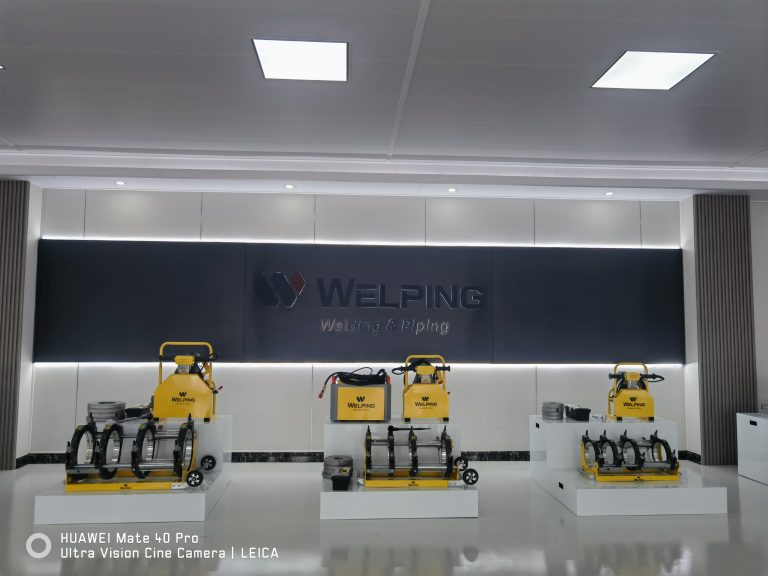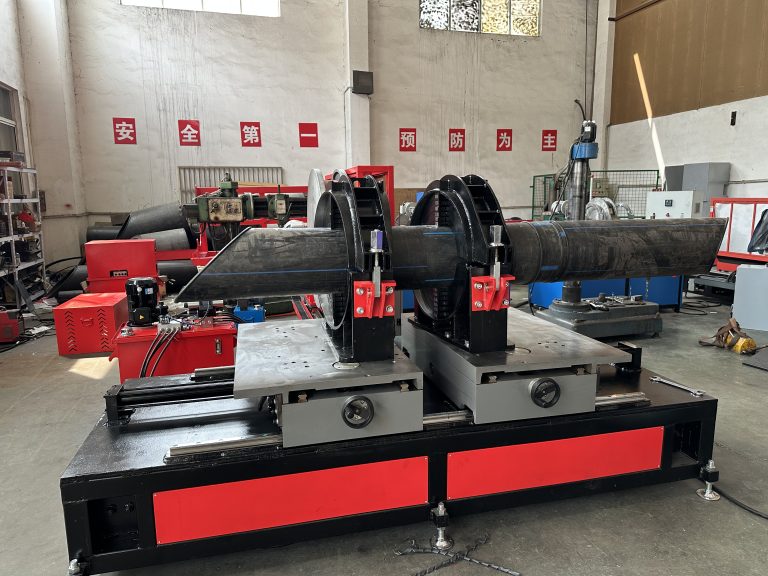
A data logger for a butt fusion machine offers several advantages:
- Quality Assurance: It provides a record of fusion parameters such as temperature, pressure, and time, ensuring that fusion joints meet specified standards and quality requirements. This data can be crucial for quality assurance and compliance purposes.
- Troubleshooting: When fusion joints fail, the data logger can help identify the cause by analyzing the recorded parameters during the fusion process. This facilitates troubleshooting and enables operators to address issues promptly.
- Process Optimization: By analyzing data logged over time, operators can identify trends and patterns to optimize fusion processes for efficiency and quality. Adjustments can be made based on empirical data rather than guesswork.
- Documentation and Reporting: The logged data serves as documentation of each fusion joint, including the parameters used and the outcome. This documentation is invaluable for reporting, warranty claims, and auditing purposes.
- Training and Education: Data collected by the logger can be used for training purposes, helping operators understand the fusion process better and improve their skills. It can also serve as a valuable educational tool for new technicians.
- Remote Monitoring and Control: Some advanced data loggers offer remote monitoring capabilities, allowing operators to track fusion processes in real-time from a centralized location. This enables timely intervention if any issues arise during the fusion process.
Overall, a data logger enhances the reliability, efficiency, and quality of butt fusion welding processes by providing valuable data insights and documentation throughout the fusion process.
For more information about Welping and their HDPE butt welding machine samples,please contact our sales at sybil@welping.cn or Whatsapp +86 151 5048 9063
